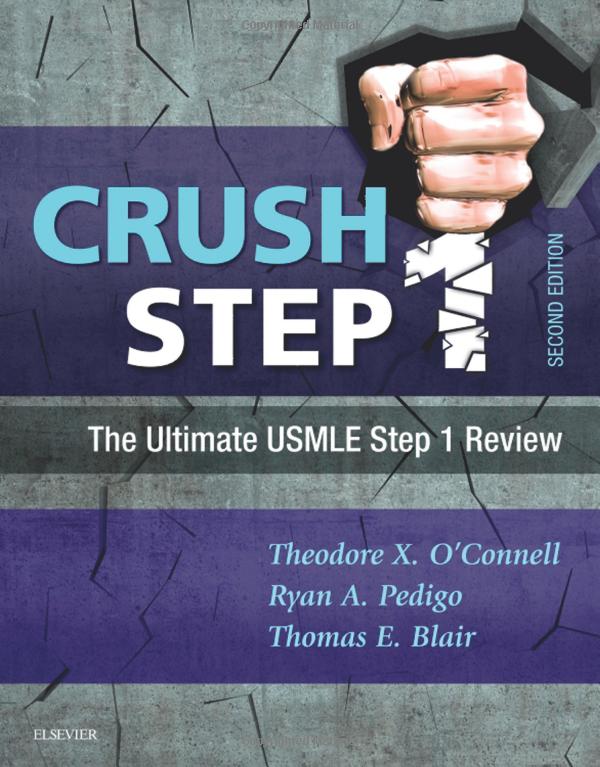A 73-year-old man presents to the emergency department for evaluation of shortness of breath, which has gotten worse over the last few days. Past medical history is significant for hypertension and left-sided heart failure. Medications include lisinopril, furosemide, and carvedilol. Physical examination is significant for elevated jugular venous pressure, lower extremity edema, and an S3 heart sound. Chest radiograph reveals bilateral pleural effusions.
A) Pleural fluid protein/serum protein ratio 0.15, pleural fluid LDH/serum LDH ratio 0.23, pleural fluid LDH 25 U/L
Pleural effusions caused by heart failure are transudative. Transudative and exudative effusions are distinguished by Light’s criteria. An exudative effusion will fulfill at least one of the criteria, while a transudative effusion will fulfill none. The criteria are (1) pleural fluid to serum protein ratio greater than 0.5, (2) pleural fluid to serum LDH ratio greater than 0.6, and (3) pleural LDH greater than ⅔ normal serum LDH.
Answer choice B: Pleural fluid protein/serum protein ratio 0.15, pleural fluid LDH/serum LDH ratio 0.23, pleural fluid LDH 400 U/L, is incorrect. The LDH value is greater than 2/3 of normal serum LDH, and thus fulfills one of Light’s criteria for exudative effusion. This patient’s heart failure is more likely to produce a transudative effusion.
Answer choice C: Pleural fluid protein/serum protein ratio 0.15, pleural fluid LDH/serum LDH ratio 0.81, pleural fluid LDH 25 U/L, is incorrect. The LDH ratio is greater than 0.6, and thus fulfills one of Light’s criteria for exudative effusion. This patient’s heart failure is more likely to produce a transudative effusion.
Answer choice D: Pleural fluid protein/serum protein ratio 0.75, pleural fluid LDH/serum LDH ratio 0.23, pleural fluid LDH 400 U/L, is incorrect. The protein ratio is greater than 0.5 and the pleural fluid LDH is greater than 2/3 of normal serum LDH, thus fulfilling two of Light’s criteria for exudative effusion. This patient’s heart failure is more likely to produce a transudative effusion.
Answer choice E: Pleural fluid protein/serum protein ratio 0.75; pleural fluid LDH/serum LDH ratio 0.81, pleural fluid LDH 400 U/L, is incorrect. All three of Light’s criteria for an exudative effusion are fulfilled. This patient’s heart failure is more likely to produce a transudative effusion.
Key Learning Point
Heart failure can result in a transudative pleural effusion, which fulfills none of Light’s criteria: (1) pleural fluid to serum protein ratio greater than 0.5, (2) pleural fluid to serum LDH ratio greater than 0.6, and (3) pleural LDH greater than ⅔ normal serum LDH.

